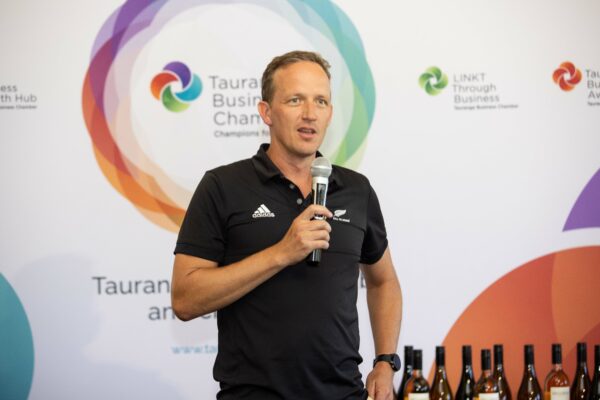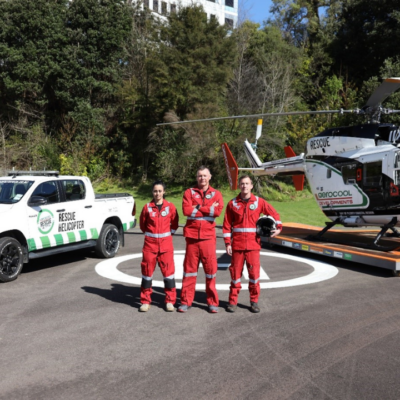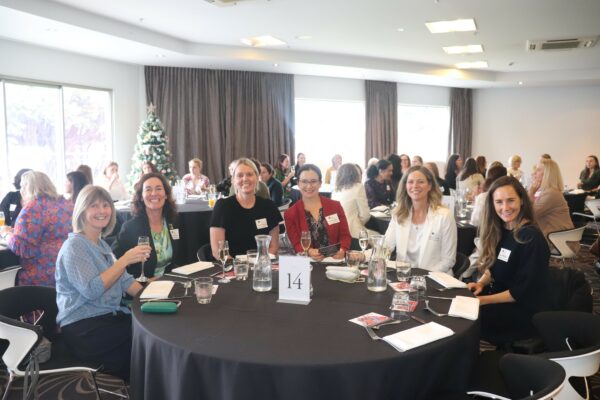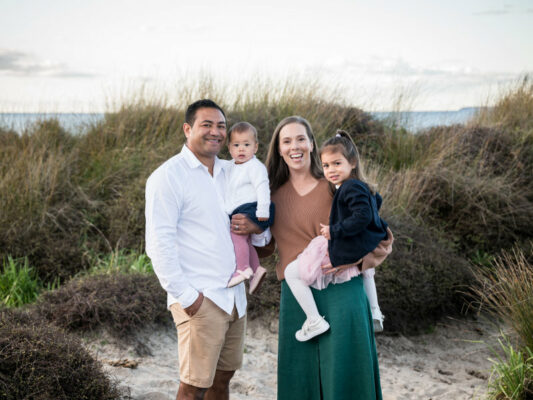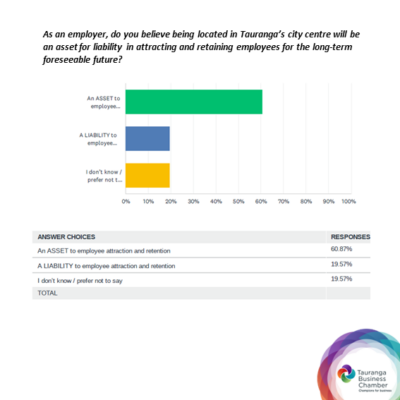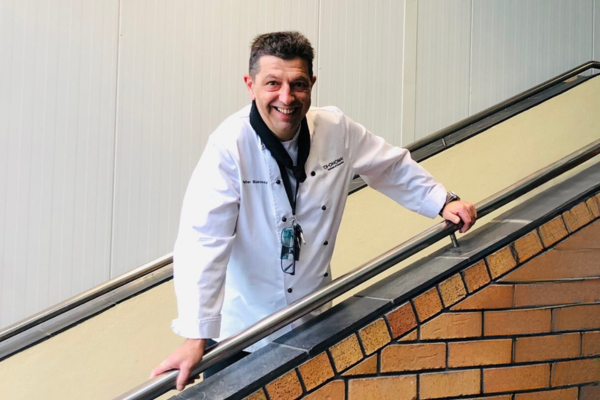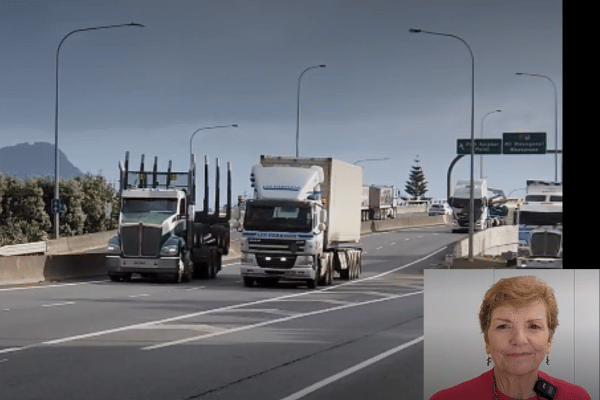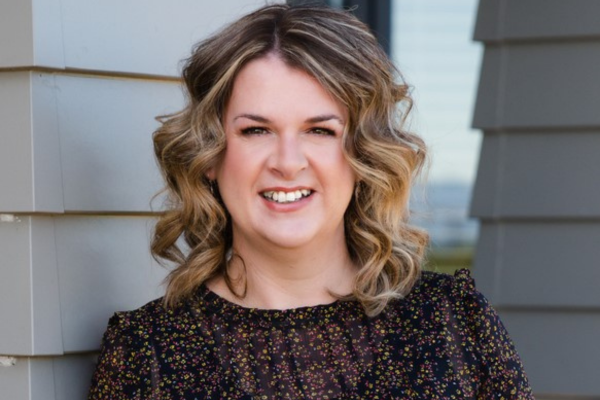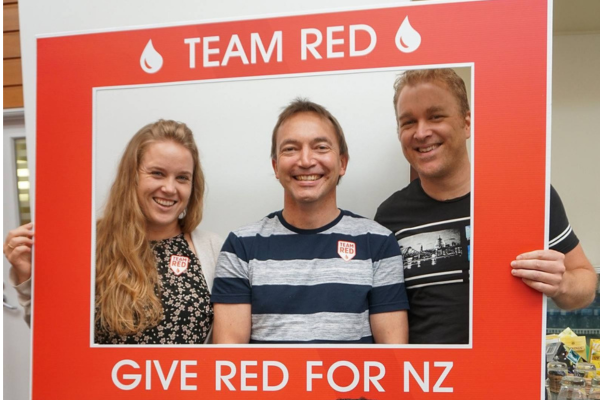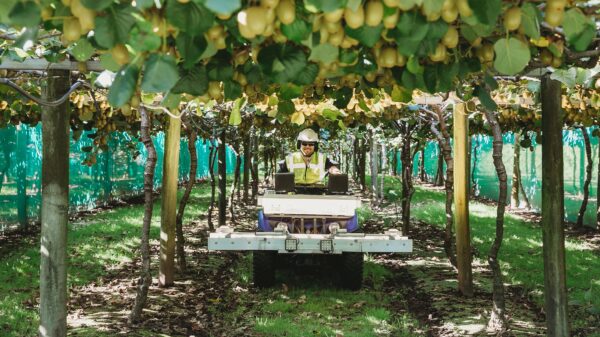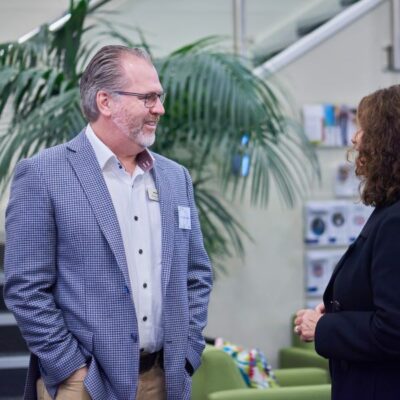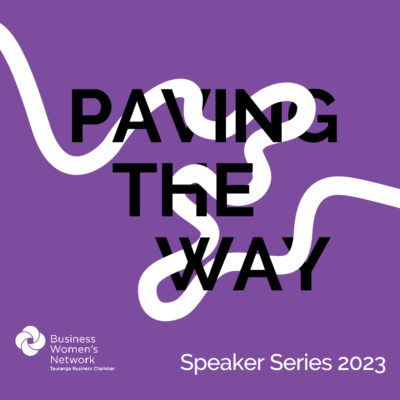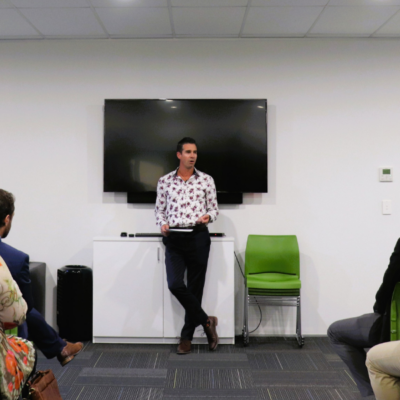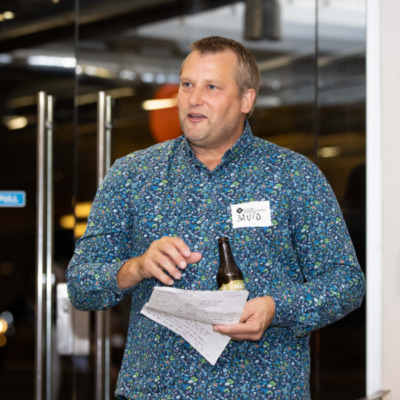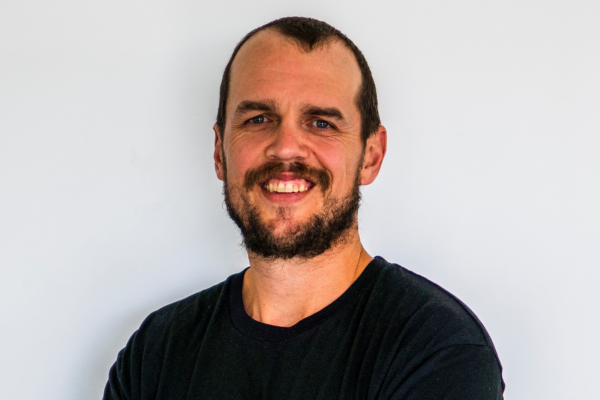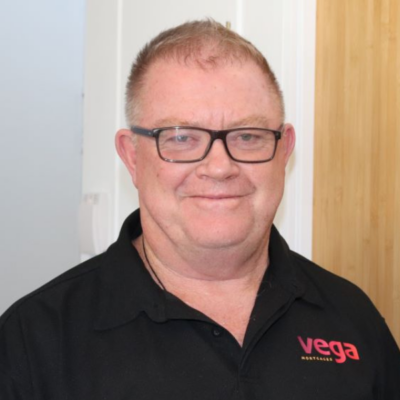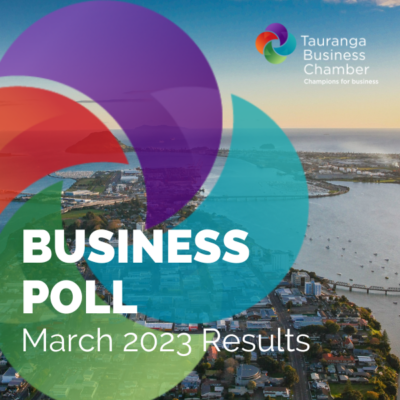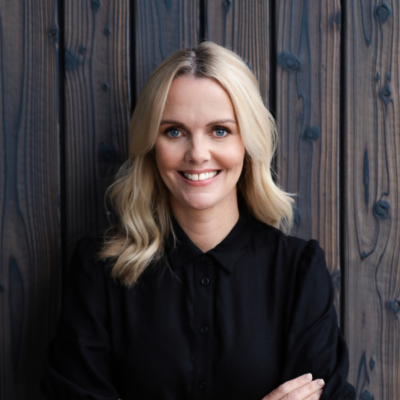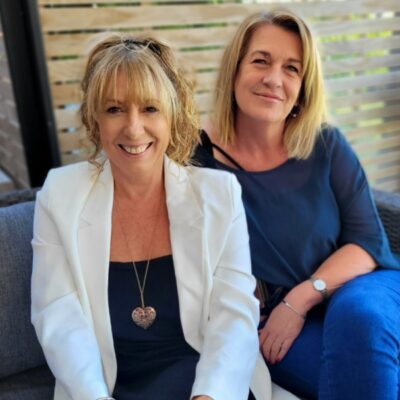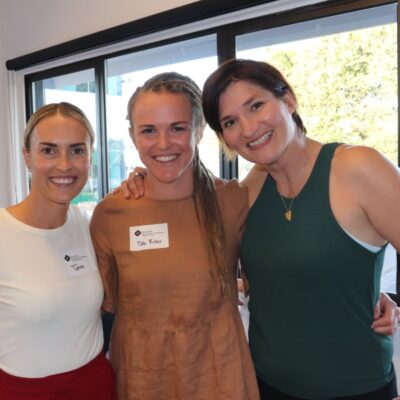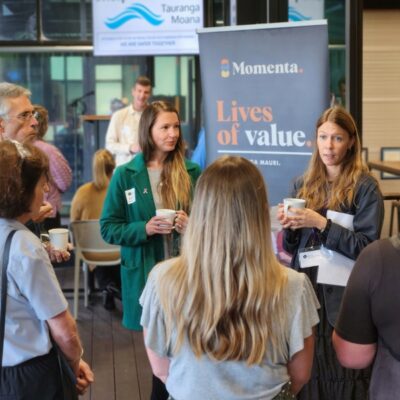
Despite the best efforts of the wage subsidy to keep New Zealanders in jobs, a huge number of Kiwis are now finding themselves out of work due to the impacts of the COVID-19 lockdown.
For many, it’s a daunting prospect – especially if you have worked at a company or in a particular role for many years.
We want to help equip our community with the skills and knowledge to take the next steps, by understanding where to look, what to do to help secure a job and connect them with people who might be able to help.
We spoke to Bernadette Ryan-Hopkins, one half of Chamber member Ryan + Alexander recruitment, to get some insight into the job seekers market, as well as practical tips for those looking for work.
Anecdotally, what are some of the trends / shifts you are seeing in the job seekers market?
Since Level 1, we have seen a significant uplift in temporary roles compared to the entire lockdown period and prior to it. This has been a pattern that we have seen in past recessionary environments, including the GFC. We believe there are two reasons for this. Firstly and most obviously, where there is uncertainty, businesses are (understandably) reluctant to commit to permanent headcount.
Where there is still work to be done, businesses see the value in hiring a temporary or contract employee. This seems particularly relevant at this time as we have seen our first new cases in weeks enter NZ. People are wary of the second wave. Secondly, as per past downturns, businesses that make permanent staff redundant can find that crucial work is not being done, so will hire temporary staff members to fill gaps.
As redundancies take full effect, businesses may also find more highly qualified candidates seeking work in the market and many are immediately available so it’s a great time to get projects completed. We are definitely seeing some absolute superb candidates enquiring about opportunities. These are candidates that 6 months ago would have potentially 2 or 3 job offers to choose from. All indicators are that this will continue for a wee while yet.
Here in Tauranga, we are lucky to have the University of Waikato campus right on our doorstep for those that might be looking to take the chance to upskill or change their career and the apprenticeship programme announced by the Government looks interesting so people can take the opportunity to have a look at what they have been doing and maybe find something even better.
The types of roles that we are seeing come through are contract HR support roles, contract finance roles, temporary administration positions among others. We are also recruiting a couple of permanent finance roles, senior leadership roles in the horticulture industry, analytical positions and a couple of roles in the architecture space.
How do you think COVID will impact the ways of working and the type of work available long term?
We think the temporary and contract market will continue to grow for the foreseeable future, so candidates should remain open to all opportunities. Of course, as things pick up and businesses focus on more permanent roles, this might provide temp to perm opportunities.
We have already started seeing businesses that previously weren’t so keen on their teams working from home, providing opportunities for a more flexible working environment. We have seen this change over the past decade, but the forced lockdown ‘working from home’ has allowed many businesses to test the waters because they have had no choice in the matter.
The R+A team have all worked flexibly since our inception. We strongly believe that having team members controlling their own working day and week, including when they work, and where they work promotes productivity and loyalty. We have consistently found that our team members outperform our expectations, because it works for them too. We think the world of work is going to move more and more to a ‘trust’ and ’empowered’ environment rather than businesses needing to see a bum on a seat to know that that person is doing their job. This change may impact our CBDs for the worse but may possibly enrich people’s lives and their work.
What are some top tips to help those people craft a good CV and cover letter?
Your CV is your marketing tool for you, so make sure that you spell and grammar check your CV and get someone else that you trust to do it too. It still amazes us that with all the tools that are out there, how many CVs we see that have errors.
A good CV is in reverse chronological order (i.e. most recent role first) and is a maximum of three pages long.
Make it as clear as you can for the reader as our new normal continues, the CV reader will be seeing a higher volume of candidates than they are used to and therefore clearly presented and easy to follow and understand CV’s will help your cause.
A great Cover Letter adds the ‘colour’ to your slightly more formal CV document. It addresses why you are interested in the role, what is it about your situation that drew you to the company or position and gives a high level, brief overview as to why you will be great for the position/company you are applying for. We always read the Cover Letter so ensure you make it tailored to the role and use the opportunity to tell the reader a little bit more about who you are. We can spot a generic one a mile off.
To help with some of this stuff, Ryan + Alexander provides an outplacement service to clients who may be seeking to support staff members who have been redundant. We also provide the same service to individuals who find themselves looking for a new role.
Finding yourself unemployed can be a scary, lonely and incredibly upsetting experience and it is really important to us that people are treated with care and empathy while still providing practical hands on tips to help navigate their job search.
Broadly speaking, what are the top three attributes an employer is looking for in an employee?
In this day and age, skills are important (and a given) but most employers also look for – strong communication skills, adaptability, and a positive attitude
What are some advice for people looking to engage with a recruitment agency to find work? i.e. anything they need to prepare or what to expect?
Before approaching a recruitment agency, make sure you have your CV prepared. And you’ve probably heard it all before, but if you are able to, get your Linkedin and Social Media profiles sorted as most employers will look for you on Linkedin and other Social Media.
What are the key benefits of working with a recruitment agency?
For an employer, using an agency usually saves time and guarantees a professional service for candidates. For candidates, the agency will work closely with the candidate to ensure they give themselves the best chance to put their best foot forward. It might mean helping with interview skills, or even something so simple as helping with networking tips. Some people find it helps with things like the negotiation of salaries as an agency will provide a buffer between a candidate and a client.
Anything else you would like to add about yourselves or your work?
Our goal is to deliver a world-class recruitment service which supports and champions regional NZ. We have been championing locals supporting locals since we were founded in Tauranga in 2016 and we will continue to support the BOP, and the people within it in any way we can.









